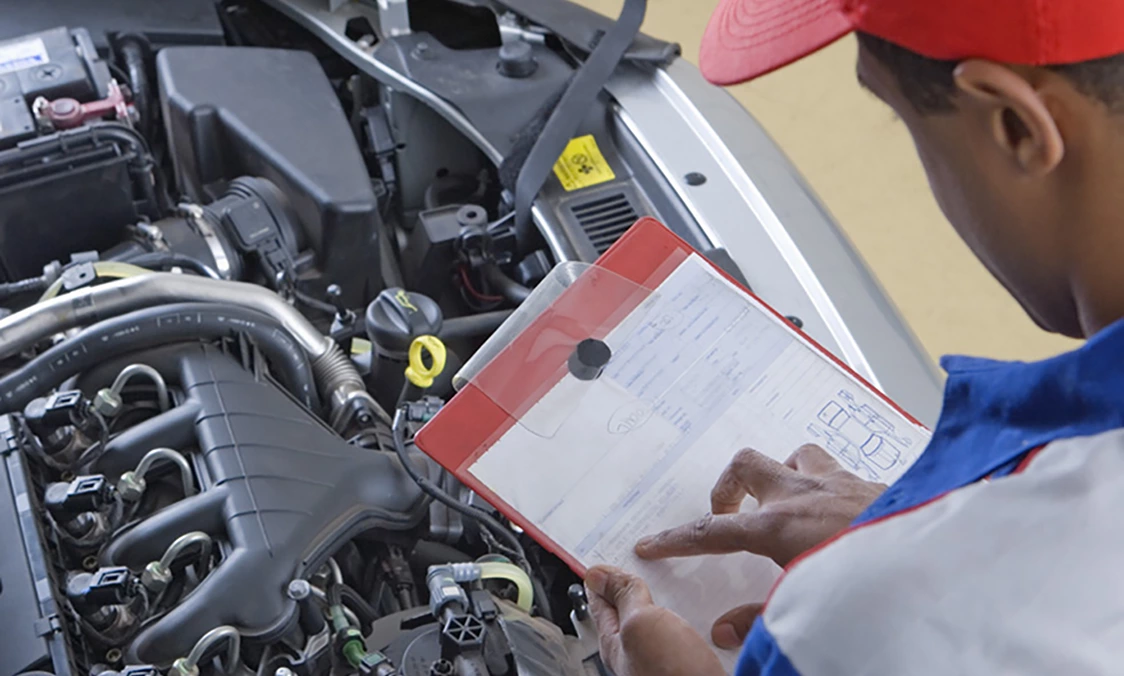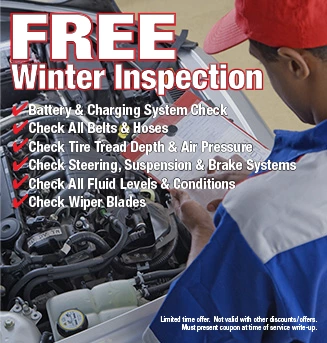When You Hear the Crash in Troy: What to Do After an Accident
April 8, 2018
Motorists in North America drive about 3 trillion miles/4.8 trillion kilometers every year. There are over 250+ million licensed drivers, and approximately 6.2 million accidents happen every year. Unfortunately, if we're going to drive vehicles, there are going to be accidents. Knowing what to do in case of an accident can help reduce the stress and cost of the situation. It can also protect you from false claims, incorrect judgments and unjust liabilities.
Never leave the scene of an accident. This is a crime, even if the accident is not your fault. If you leave the scene, it is referred to as a “hit-and-run,” and the fines are steep in Michigan. You can even lose your driver's license or spend some time in jail. If someone has been injured in the accident, most laws require you to help them. You must call for help. If you can, you must also render first aid.
Call 9-1-1 or get someone else to call 9-1-1 as soon as possible. Tell the operator if there are injuries or any circumstances that require fire services, such as leaking gas, broken utility lines or, of course, flames. Put out flares, turn on your flashers or lift your hood to warn other Troy motorists that there's been an accident.
File a police report. This can seem like a hassle when there are no injuries and only minor damage to vehicles. But you'd be surprised at the lawsuits and false claims that can arise from fender benders. You want a police report to protect yourself.
Don't talk about the accident with anyone except the police. After an accident, adrenaline is pumping and emotions are running high, and our first reaction is often to relive and recount our experience. Don't. Again, people can and will use your words against you, and in a highly emotional state, you may not say exactly what you mean. Entire court cases have hinged on the meaning of one misplaced word. Talk to the police. Don't admit guilt or fault, not to the police or to anyone else. People often feel guilt after an accident, but later, when details are analyzed, it turns out not to be their fault. Don't say, “I'm sorry,” but rather, “Can I help? What can I do?” Sympathy has often been misconstrued as an admission of fault. On paper, your words will sound more sterile than at the accident, and they can be used against you.
Collect contact information from everyone involved in the accident. Get the officer's name and badge number. Get the other driver's name, address, phone number, date of birth, driver's license number and expiration and insurance information. Get a description of the other vehicle as well as its license plate number and vehicle identification number (VIN). Most insurance companies don't keep records of license plate numbers, so the VIN is the best identifier you have of another vehicle.
This is going to be too much to remember once you're in an accident. So write down or make a note on your phone with the information you need.
Ask witnesses to wait for the police to arrive. If they can't, then get their contact information. Ask them to jot down what they saw. If witnesses refuse to give you their names, write down their license plate numbers. That way the police can find them if necessary.
After the accident, call your insurance company. Also, if you have or think you might have an injury that did not require immediate care at the accident, contact your physician right away.
There's a lot Troy drivers can do to prevent accidents. Defensive driving. Good car care and preventive maintenance. But if an accident does happen in the Troy area, we should be prepared to handle it well. It will ease the stress of the situation and protect us from potential legal and financial harm. Be prepared. It's good auto advice in every situation. Ask our pros at Auto Lab Troy for more safe driving tips the next time you visit.
Auto Lab Troy
2790 West Maple Rd.
Troy, Michigan 48084
(248) 643-7690
Need Service?
More articles from Auto Lab Troy

It's (Not) Complicated (Engine Air Filter)
December 22, 2024
While many components of your vehicle are complex and composed of lots of mechanical and electrical parts, there's one that isn't complicated but still important. It's your engine air filter. (And, we should point out, the engine air filter isn't to be confused with the cabin air filter. The ca... More

Putting a Stop to Brake Problems (Brake Service)
December 15, 2024
It's safe to say that most drivers take their brakes for granted. You press on the brake pedal and the vehicle slows down or stops. It's easy to see why it is so important for your vehicle's brakes to be working correctly. Brakes are an important safety feature of any vehicle. When it comes to... More

Why is Air Not Coming Out of My Vents?
December 8, 2024
You climb inside your vehicle, start the ignition, and reach for the fan control for the heating or air conditioning. But when you try to crank it up, no air comes out of the vents. It can make for a very uncomfortable trip, whether its hot or cold outside. Its important for the comfort of you a... More










